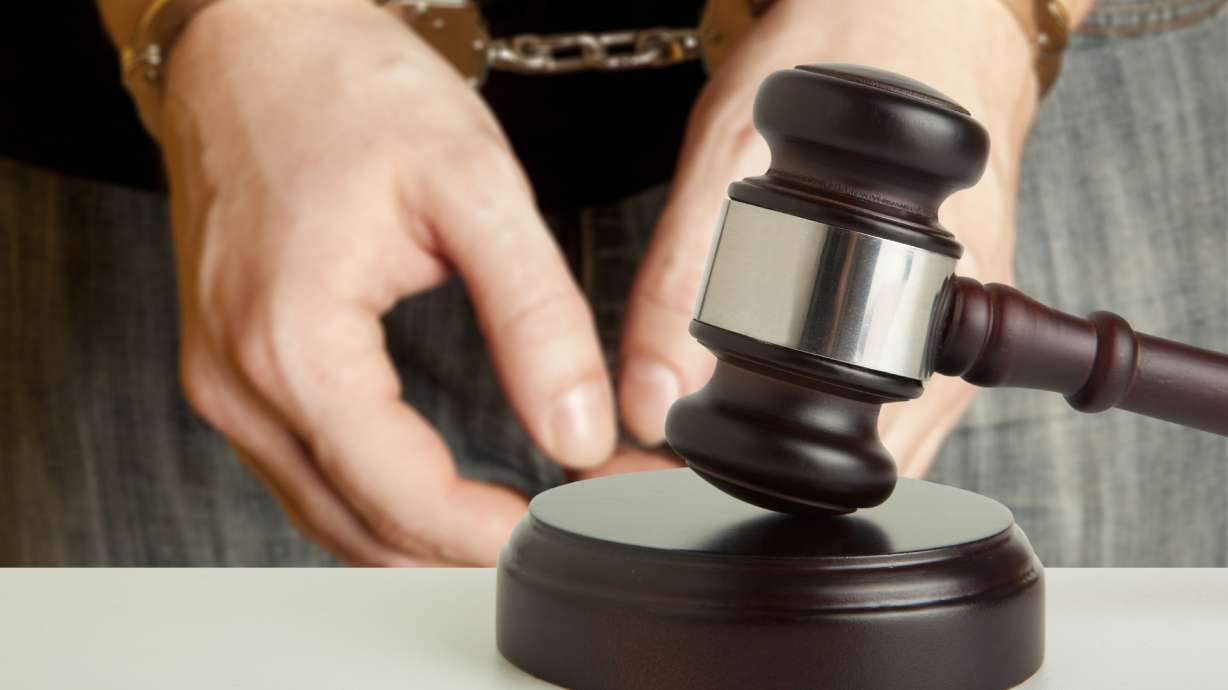
The owner of a home remodeling business is facing new criminal charges accusing him of collecting deposits from clients but not completing any work. (Andrey Burmakin, Shutterstock)
Estimated read time: 3-4 minutes
SALT LAKE CITY — A Cedar Hills man who served time in federal prison for his conviction in a real estate investment fraud scheme, is facing new criminal charges accusing him of running a construction company that collected money up front but never completed the work.
Patrick Merrill Brody, 57, was charged Tuesday in 3rd District Court with eight counts of communications fraud and engaging in a pattern of unlawful activity, second-degree felonies.
In December of 2020, Brody approached a contractor about a partnership.
“Brody wanted to list his company under the contractor’s … contracting license with the state of Utah so that they could do bigger jobs with the proper qualifications.” The man eventually “agreed to allow Brody to use his license to pull permits” in exchange for a monthly fee. The contractor was never involved directly in any of the projects that Brody’s company, Cornerstone, undertook, according to charging documents.
Brody, however, failed to tell the contractor “that he had previously been convicted of federal felony fraud charges,” the charges state.
In 2013, Brody pleaded guilty to wire fraud and money laundering in U.S. District Court in Salt Lake City and was later sentenced to 3 1/2 years in federal prison .
In his new business venture, investigators say Brody set up a bank account with the contractor as a signor to issue checks from, and brought in a third party as another signor, allegedly to prevent fraud.
“Brody failed to tell (the contractor) that this other signor was Brody’s mother,” the charges allege.
Prosecutors say Brody’s company signed clients for home improvement projects and demanded a 60% down payment up front.
“After the client paid the 60%, Cornerstone employees would sometimes start some work at the clients’ home, usually consisting of prep work. The work would then slow down and stop entirely. Cornerstone would frequently ask for more payment to get things going again and no work would be completed. Often, after the initial payment, work would never commence on the projects. Brody would often make false statements, or omit material information, to sign on clients,” according to the charging documents.
The following jobs are among those where Brody collected more than $200,000 but never finished, according to the charges:
- In February 2021, Cornerstone took $12,000 from a man wanting his basement remodeled in order to hold a spot in the company’s “busy work schedule.” The work was never completed.
- In April 2021, a man made a down payment of nearly $59,000 for a detached garage to be built, but no work was ever done and no materials ever delivered.
- In May 2021, a man paid nearly $7,900 to have a bathroom remodeled. After no work was done for months, Cornerstone employees eventually showed up and did demolition on the old bathroom, but no materials or supplies were ever delivered for the new bathroom.
- In July 2021, a man paid a $40,000 deposit, but “no work was ever done on the project.”
- In August 2021, a woman paid nearly $9,200 for a home improvement project, but no work was done.
- Also in August 2021, a man made a $50,000 deposit for a home improvement project. The work was never completed and Brody falsely told the man that his contractor was actually the owner of Cornerstone.
- In September 2021, a woman made a $36,000 deposit for a home remodel project, but no work was ever done.
In total, prosecutors say Cornerstone signed about 25 clients between December 2020 and October 2021.
“All these clients paid deposits and Cornerstone either failed to do any work on the projects, or started some amount of work but then failed to complete the projects,” the charges state. “Ultimately, investigation shows that some of the money from clients was used for legitimate business purposes like advertising and payroll. However, a large amount of the checks from the clients would be deposited into various accounts related to Cornerstone and other companies controlled by Brody.
“Then, the money would be moved into other accounts and Brody would convert the money to personal use, not leaving money to complete the projects Cornerstone contracted to perform,” the court documents state.
×
Most recent Police & Courts stories





